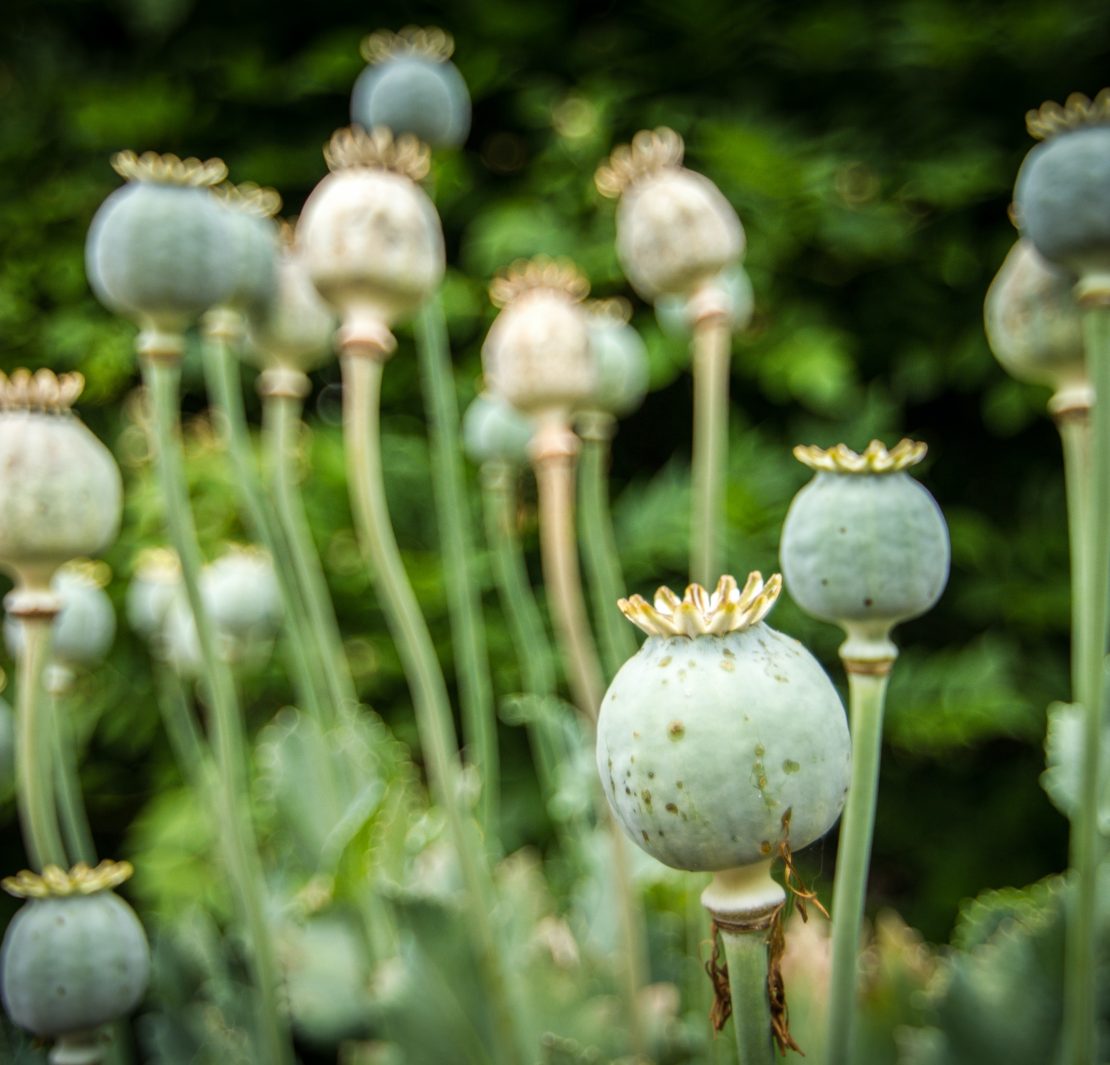The world is concerned about Afghanistan following the Taliban annexing its government on August 15. They stepped in soon as the U.S. withdrew its troops for the second time. The Taliban, a militant organisation, has recruited 85,000 full-time fighters according to a recent NATO estimate. If they are so few compared to troops worldwide, why do they remain undefeated?
History of The Taliban Conflict in Brief
The communists of the Soviet Union had waged war in Afghanistan throughout the 1980s. Local insurgent groups rose to fight their occupation while the Central Intelligence Agency (CIA) funded them amidst the Cold War. After the Soviet Union retreated in 1990, the Taliban emerged from Northern Pakistan to take over Afghanistan to enforce their version of Sharia, the Islamic law. Following the World Trade Center bombing on 11 September 2001, U.S. President George Bush, with help from the British Military, sent in troops on 7 October. President Obama declared the manhunt for Osama Bin Laden “successful” after he was shot dead in 2011.
Opium Poppy a Main Source of Income
Afghanistan is the world’s largest exporter of Opium Poppy – a plant species used to extract Morphine and Heroin. The cultivation dates back to the ’50s when Iran could no longer farm Opium. Afghanistan supplied to its neighbour. After the Taliban took over, there was a boost in its production – 4500 metric tonnes in 1999. The Taliban, in exchange for protection, exported Opium around the world. According to a UNODC report, In 2017 alone, Afghanistan’s overall illegal opiate economy was worth almost $6.6 billion. This includes taxes from cultivators and drug labs and smugglers fees for shipments going to Africa, Europe, Canada, Russia, the Middle East, and some parts of Asia. Under President Trump’s regime, America claimed to have wiped out 400-500 opium labs by 2018, reducing the annual income by a quarter. While the Taliban have remained inconspicuous about this cultivation, they are undeniably strengthened by it.
The Taliban’s Impact
While the influence of the Taliban on the world remains ambiguous, Afghanistan is likely to face a humanitarian crisis in the next few years. Aghan Women are not allowed to work or go to school. Religious extremism might strengthen over time, resulting in a degradation of human rights. China extending its support towards the Taliban will only make them more powerful – financially and military-wise. Acts of terrorism are likely to occur around the world, even under the watchful eyes of the United Nations Security Council.





Warning: Use of undefined constant ‘url’ - assumed '‘url’' (this will throw an Error in a future version of PHP) in /var/www/html/wp-content/themes/theissue/functions.php on line 143
Warning: Use of undefined constant ‘url’ - assumed '‘url’' (this will throw an Error in a future version of PHP) in /var/www/html/wp-content/themes/theissue/functions.php on line 143